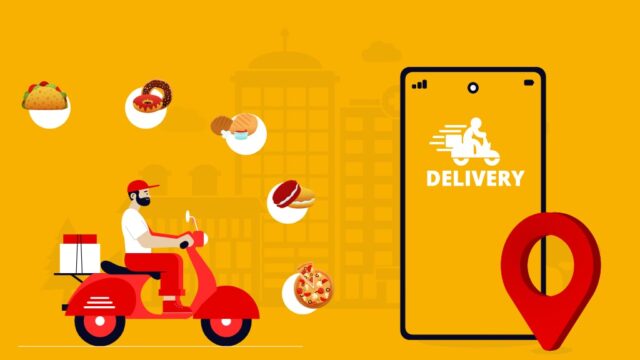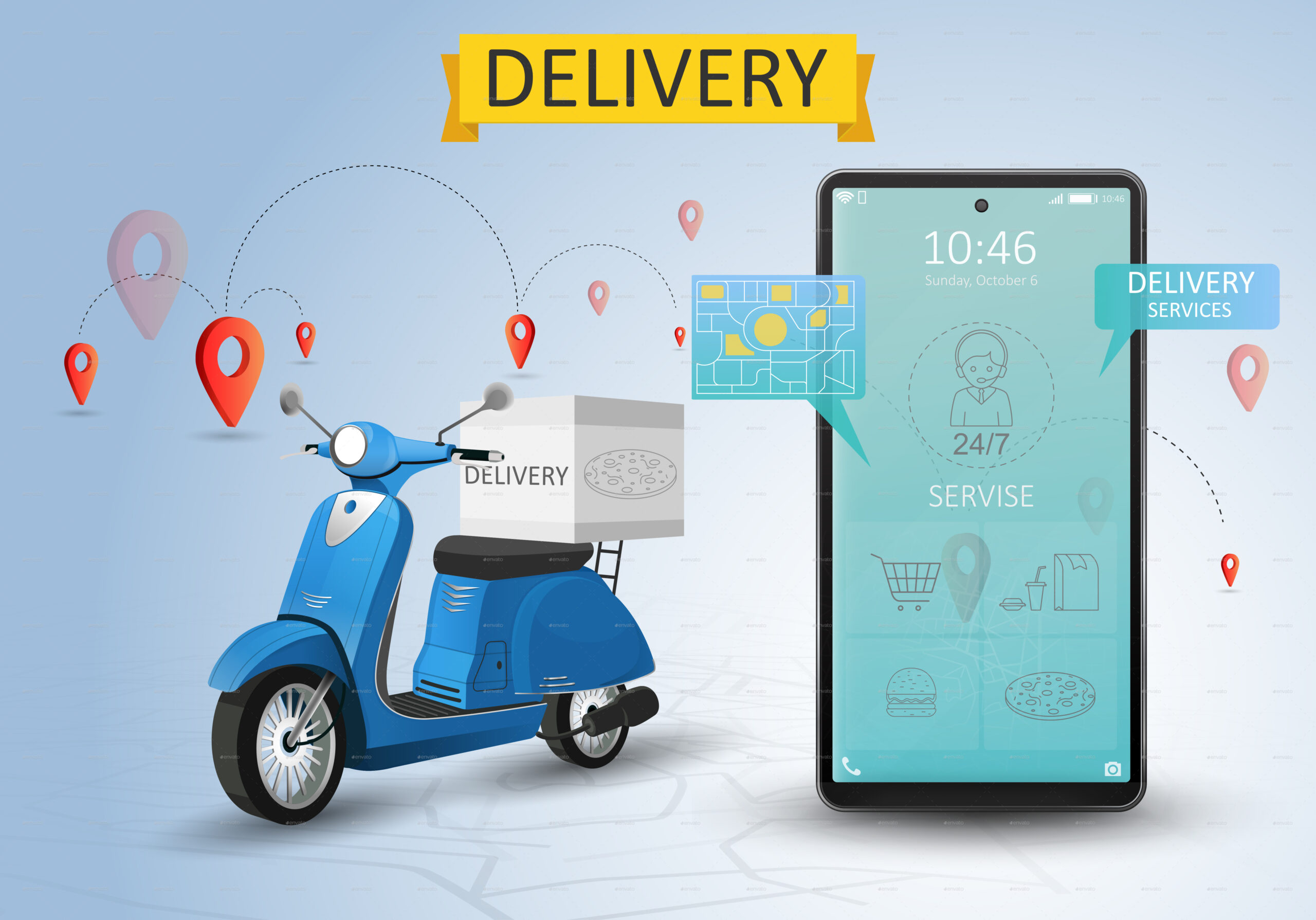The food delivery industry has seen remarkable growth in recent years, fueled by changing consumer preferences and advancements in technology. For entrepreneurs looking to enter this competitive market, leveraging artificial intelligence (AI) can provide a significant advantage. AI can streamline operations, enhance customer experience, and improve overall efficiency in food delivery businesses. Here’s how AI can help you start and succeed in the food delivery industry.

Table of Contents
Toggle1. Efficient Order Management
AI can optimize order management by automating processes and minimizing human error. Machine learning algorithms can analyze order patterns and predict demand, enabling businesses to manage inventory more effectively and reduce food waste. Additionally, AI-driven systems can help streamline the order-taking process, ensuring that customers receive accurate and timely confirmations.
2. Smart Delivery Routing
One of the biggest challenges in the food delivery business is ensuring timely delivery. AI can analyze various factors, including traffic patterns, weather conditions, and delivery locations, to optimize routing for delivery drivers. By using AI algorithms for route optimization, businesses can reduce delivery times, minimize fuel costs, and improve overall customer satisfaction.
3. Personalized Customer Experience
AI can enhance the customer experience by offering personalized recommendations based on individual preferences and past orders. Machine learning algorithms can analyze customer data to suggest menu items or promotions tailored to each user. This level of personalization increases customer engagement and loyalty, ultimately driving repeat orders.
4. Demand Forecasting
Accurate demand forecasting is crucial for managing inventory and staffing levels. AI can analyze historical order data, seasonal trends, and market conditions to predict future demand. By understanding when and what customers are likely to order, businesses can better prepare for peak times and adjust inventory accordingly, reducing waste and improving profitability.
5. Chatbots for Customer Support
AI-powered chatbots can provide instant customer support, answering frequently asked questions and assisting with order placement. These chatbots can operate 24/7, ensuring that customers receive timely assistance regardless of the time of day. By automating customer support, businesses can improve response times and reduce the workload on human staff.
6. Real-Time Order Tracking
AI can enhance the transparency of the food delivery process by providing real-time order tracking for customers. By integrating GPS technology with AI, customers can receive live updates on their order status and estimated delivery times. This feature not only improves customer satisfaction but also reduces the number of inquiries related to order status.
7. Dynamic Pricing Strategies
AI can help implement dynamic pricing strategies based on various factors, such as demand fluctuations, time of day, and competition. By analyzing market conditions and customer behavior, AI can optimize pricing to maximize revenue while remaining competitive. This approach allows businesses to adjust prices in real time, responding quickly to changes in demand.
8. Enhanced Marketing Strategies
AI can analyze customer data to identify trends and preferences, enabling businesses to create targeted marketing campaigns. By understanding customer behavior, food delivery businesses can optimize their advertising efforts, focusing on the most effective channels and messages. AI-driven insights can improve the return on investment (ROI) for marketing initiatives.
9. Food Safety and Quality Control
Ensuring food safety and quality is critical in the food delivery industry. AI can monitor food preparation and storage conditions, analyzing data from sensors and IoT devices. By detecting anomalies in temperature or storage conditions, AI can alert operators to potential issues, helping to maintain high food safety standards.
10. Scalability and Growth Opportunities
AI tools can help startups scale their operations more efficiently. As demand grows, AI can assist in managing logistics, optimizing delivery routes, and maintaining customer service levels. Additionally, AI can identify potential areas for expansion, such as new menu offerings or geographic markets, helping businesses strategically grow their footprint.
Conclusion
Starting a business in the food delivery industry presents exciting opportunities, and leveraging AI can provide a significant competitive edge. From efficient order management and smart delivery routing to personalized customer experiences and demand forecasting, AI offers a range of tools that can enhance operations and improve customer satisfaction. As technology continues to advance, incorporating AI into your food delivery business strategy will be essential for long-term success, allowing you to adapt to market changes and meet evolving customer expectations. By harnessing the power of AI, entrepreneurs can build innovative and efficient food delivery services that stand out in a crowded marketplace.


No responses yet